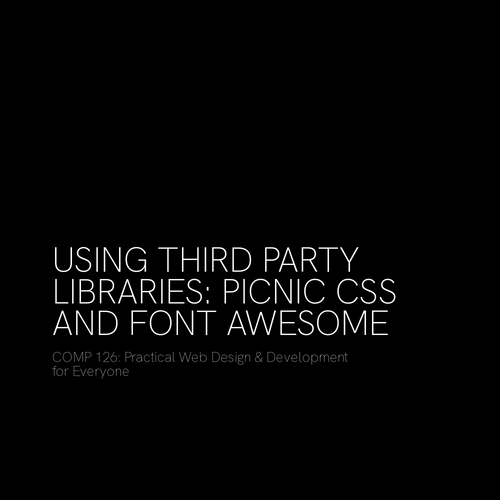Constructivism in CS Education
Please sign up for/log in to Figma and open this link:
The Educational Paradigm
An ontology, or theory/model of existence/reality
An epistemology, or theory of both individual and shared human knowledge
A methodology for acquiring and validating knowledge
A pedagogy, or theory of teaching
...and others add a fifth component: a theory of evaluation
per Ernest, 1995, an educational paradigm includes:
Ontology
Discuss.
What is it?
Examples in the CS context?
Examples outside the CS context?
Epistemology
Discuss.
What is it?
Examples in the CS context?
Examples outside the CS context?
Methodology
Discuss.
What is it?
Examples in the CS context?
Examples outside the CS context?
Pedagogy
Discuss.
What is it?
Examples in the CS context?
Examples outside the CS context?
Constructivism:
A theory of education holding that knowledge and understanding develop best when actively created (rather than passively received) by the student through processes designed to help students make connections and create effective mental models
Classical view
-
Ontological reality exists and can be accessed
-
Truth exists and has a relationship to ontological reality
-
The mind is a clean slate to be filled with logic and knowledge
-
Emphasis on direct communication of knowledge and expertise
Constructivist view
-
Ontological reality is unattainable, so irrelevant to learning
-
All knowledge evolves and is potentially fallible; absolute truth is unattainable
-
Knowledge is acquired recursively: sensory data + existing knowledge + reflection = cognitive structures (models)
-
Emphasis on active learning methods; does not completely reject classical methods
Performance vs. understanding
"The pupil’s fundamental problems with such ideas as negative or complex numbers tend to be overlooked by the teacher mainly because the latter’s own implicit beliefs make him or her oblivious to the possibility of somebody having a different ontological stance....Another circumstance that helps in concealing ontological difficulties is the fact that a student may become quite skillful in manipulating concepts even without reifying them..." (Sfard, 1994)
The Constructivist Dilemma in CSE (via M. Ben-Ari, 2001)
The problem as posed:
-
CS involves engagement with many artifacts previously created by others; to understand and effectively use these artifacts, we must understand the cognitive structures underpinning those tools--i.e., the models their inventors had in mind when they created them.
-
CS educators' failure to emphasize the importance of recognizing and understanding these models will limit many CS students' ability to use the artifacts, evaluate them, and, later, to develop their own.
Thus, Premise 1:
Many students fail to understand essential CS concepts because the mental models of computers and programming they developed through previous cognitive processes and life experience are flawed.
And Premise 2:
We must understand students' flawed mental models before we can help them develop effective ones.
Let's examine this.
Application of Constructivism in CSE: Ben-Ari proposes that...
construction of CS concepts is too haphazard, leading to flawed self-created mental models
Agree/disagree?
Examples?
Application of Constructivism in CSE: Ben-Ari proposes that...
construction of CS concepts is too haphazard, leading to flawed self-created mental models
Solutions? Alternatives?
Application of Constructivism in CSE: Ben-Ari proposes that...
autodidacts tend to create mental models that are incompatible with academic CS
Agree/disagree?
Examples?
Application of Constructivism in CSE: Ben-Ari proposes that...
autodidacts tend to create mental models that are incompatible with academic CS
Solutions? Alternatives?
Application of Constructivism in CSE: Ben-Ari proposes that...
GUIs do not serve as useful representations of CS concepts and can even interfere with the construction of mental models
Agree/disagree?
Examples?
Application of Constructivism in CSE: Ben-Ari proposes that...
GUIs do not serve as useful representations of CS concepts and can even interfere with the construction of mental models
Solutions? Alternatives?
Application of Constructivism in CSE: Ben-Ari proposes that...
some students benefit from more reflective/social learning styles and are not well served by typical modes of learning CS/programming
Agree/disagree?
Examples?
Application of Constructivism in CSE: Ben-Ari proposes that...
some students benefit from more reflective/social learning styles and are not well served by typical modes of learning CS/programming
Solutions? Alternatives?
227-Constructivism in CSE
By tkjn
227-Constructivism in CSE
COMP 227, UNC-Chapel Hill
- 936



